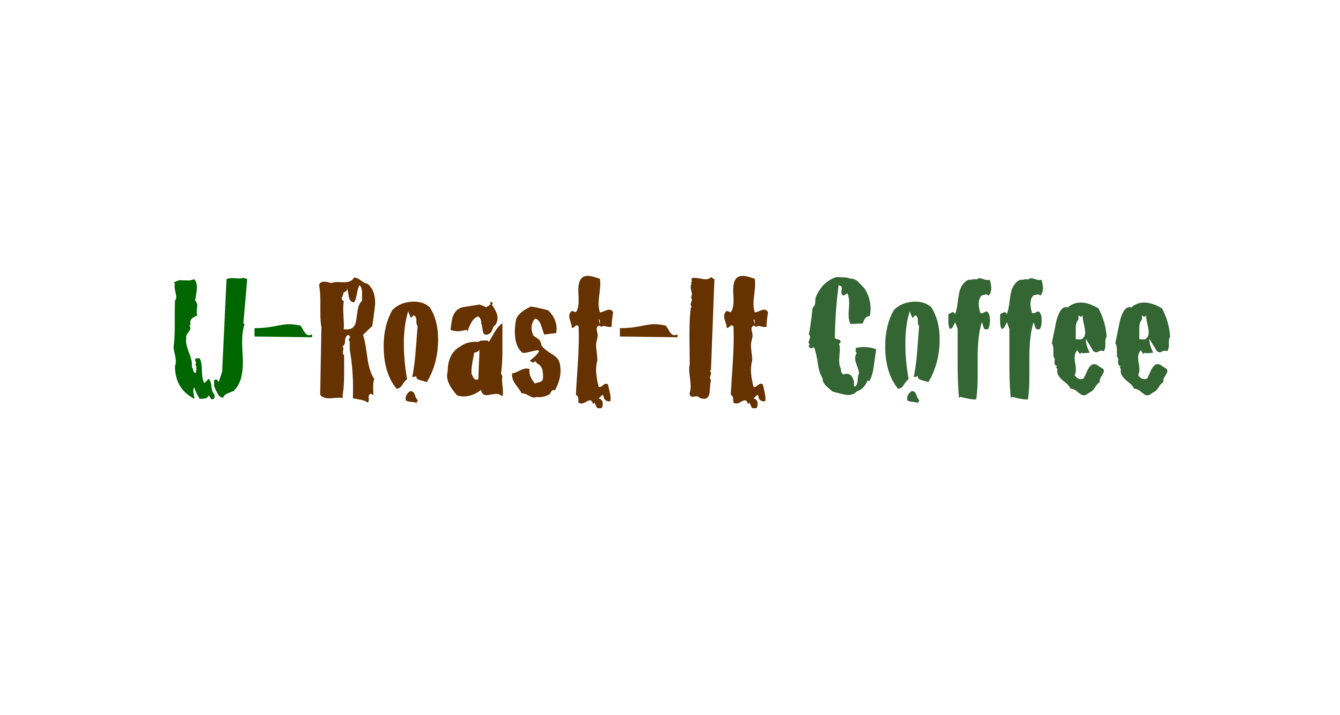Jamaican Blue Mountain Coffee-The Real Thing!
This is an article from the Jamaican newspaper (The Gleaner) about testing on Blue Mountain Coffee beans. Rest assured that the beans on my site are 100% the real deal and are from Mavis Bank Central Factory, one of the most reputable factories in Jamaica. It was also owned by my Grandfather and in the family for generations.
Accurate Testing For Counterfeit Coffee Coming - Young Jamaican Scientists Offer Exciting Prospects
'A rose by any other name would smell as sweet', a frequently referenced part of William Shakespeare's play 'Romeo and Juliet', has been widely accepted over the centuries to mean that what matters most is not the name by which something is called but rather the intrinsic value.
While that might have been true in the 17th Century, two young Jamaican 21st Century research scientists are taking issue with Juliet's insistence that Romeo could discard his family name without suffering any real loss. At least not in 2016 when the economic loss to counterfeit brand name items on a global scale runs into billions of dollars, with geographic indicators or protected designation of origin critical to protecting revenue as well as safeguarding reputation and status.
"Geographic indicators are used to designate things according to where they are grown, so, for example, when people call a wine champagne, it's not supposed to be called champagne unless it's produced in a region of France famous for the range of sparkling whites produced there," Leslie Ann Hoo Fung shared with The Gleaner recently.
Hoo Fung, who works at the International Centre for Environment and Nuclear Sciences (ICENS), University of the West Indies, Mona campus, explained that this type of designation extends to other food products as well and does carry significant value, economic and otherwise.
This is because it has been scientifically established that for a lot of food commodities, things such as climate, water and soil can affect or contribute to the flavour, taste, smell, aroma and so, influencing the perceived quality of the product in general.
"Which is why Jamaica's Blue Mountain Coffee, which is such a high quality product, is counterfeited and across the world people are blending it with cheaper, lower quality coffees and marketing the final product as premium Blue Mountain because it commands a premium price. Unfortunately, in some cases, the product so labeled may not even contain any Blue Mountain Coffee at all," Hoo Fung explained.
Blue Mountain Coffee has, for years, been one of Jamaica's chief high-value crops, with the government, farmers and processors banking on the premium quality of local beans cultivated in cool climes of its world-famous Blue Mountains, to provide adequate compensation for their hard work.
Jamaican Blue Mountain Coffee is a globally protected certification mark, meaning that only coffee certified by the Coffee Industry Board can be legally labeled as such. Rising to 2,256 metres, the climate of the Blue Mountain region is cool and misty with high rainfall and the soil is rich, with excellent drainage. This combination of climate and soil is considered ideal for coffee growing.
Brewed Coffee
Cupping, a sensory examination and evaluation system used to gauge the flavour, aroma and body of brewed coffee, has been the approved system used for decades, but now Hoo Fung and Johann Antoine, a colleague at ICENS, are in the process of improving on that test, which is predicated primarily on taste. They are working on a more objective analytical process that involves greater level of certainty in determining the place, elevation and manner of cultivation of the coffee, with a greater degree of accuracy.
Antoine offered some insight into their work-in-progress, which uses a number of chemical variables.
He told The Gleaner: "We use analytical techniques to determine the quantity of elements in particular brands of coffee or particular types of coffee. We can then look at the fingerprint presented by a number of elements and say for instance that this is instant coffee - it's a soluble coffee. When we see a particular suite of elements at given levels we're able to say that this is likely Blue Mountain coffee or this is not Blue Mountain or I don't see these levels of elements in Blue Mountain coffee but it's likely High Mountain or perhaps a blend. We cannot tell just by eye-balling the data but using statistical methods such as cluster analysis to analyse the dataset, we can get a picture, not with a hundred per cent certainty just yet."
"We're actually planning to do some additional work to see if we can distinguish between Blue Mountain and High Mountain," Hoo Fung cut in.
"Definitively, I can say this coffee is roasted and ground, this coffee is soluble - I can tell you that this is not from Jamaica or this is from Jamaica. What we want is to fine-tune it and we have it down to a certain degree, a certain level of certainty. Am I sure it's High Mountain versus Blue Mountain? Not a hundred per cent certain for Blue Mountain versus High Mountain or other Jamaican coffees but I can definitely say this is not Jamaican," added Antoine.
Excited by the prospects for their analytical technique in determining with a great degree of accuracy the origin of brewed coffee, they are hopeful it could make a big difference in stemming the growing trade in counterfeit high value coffee.

